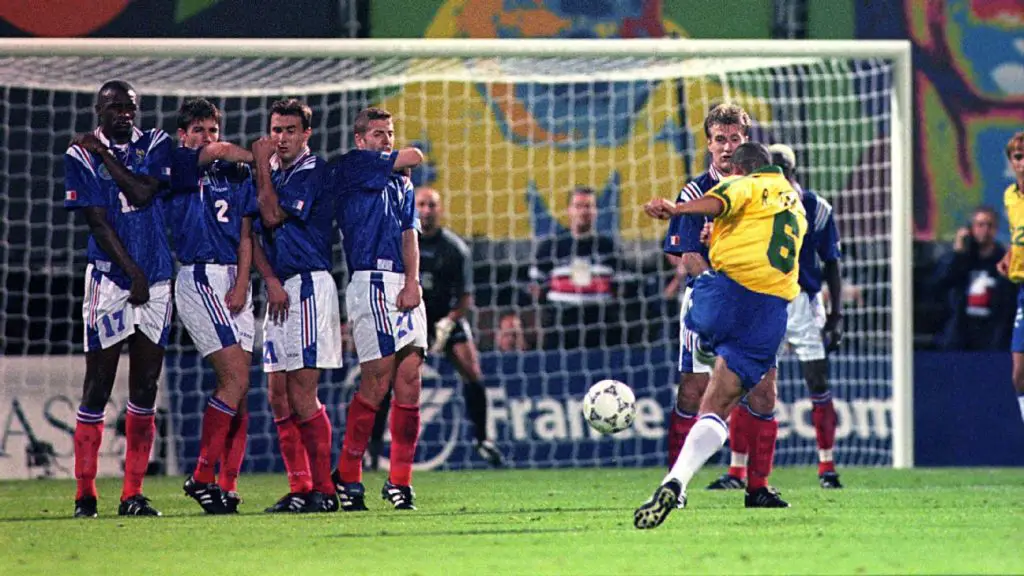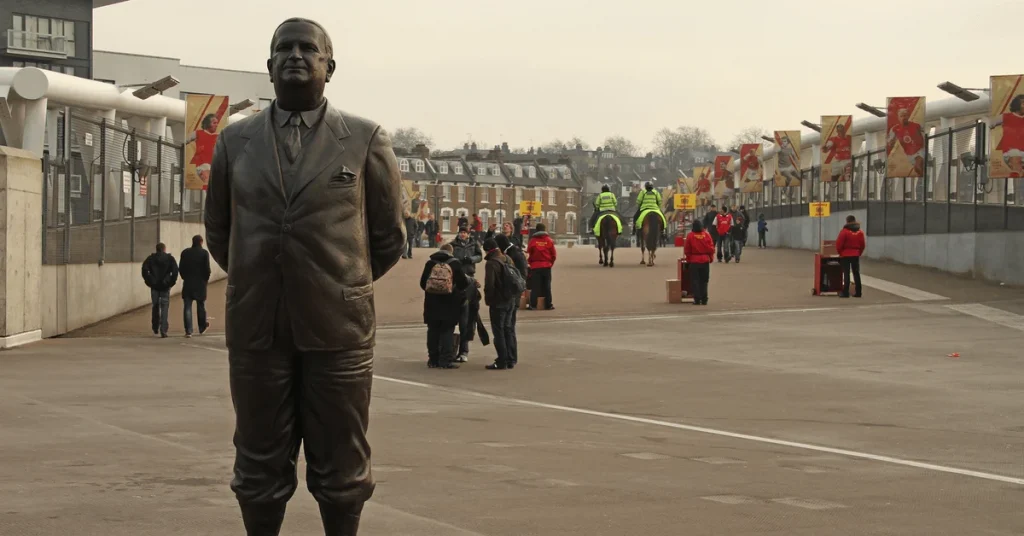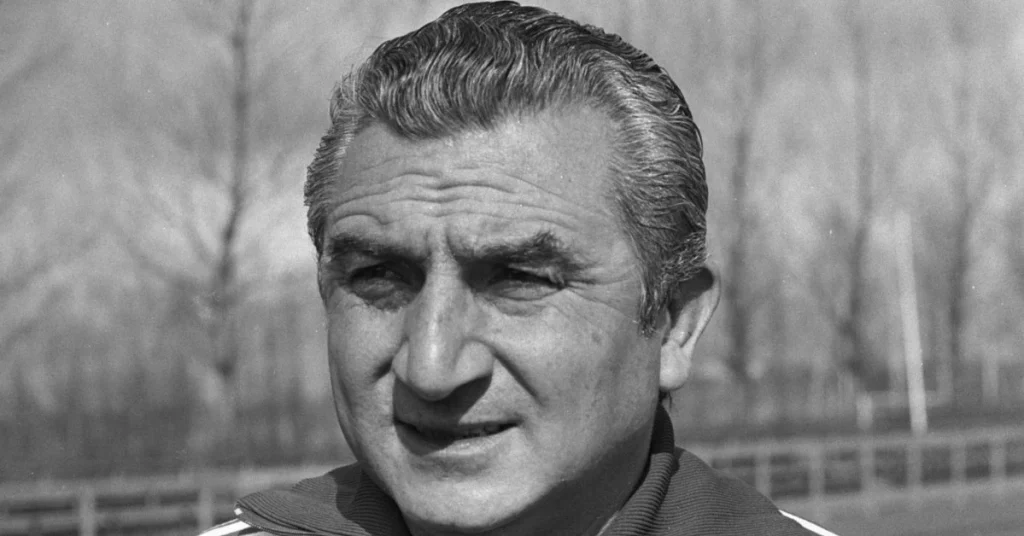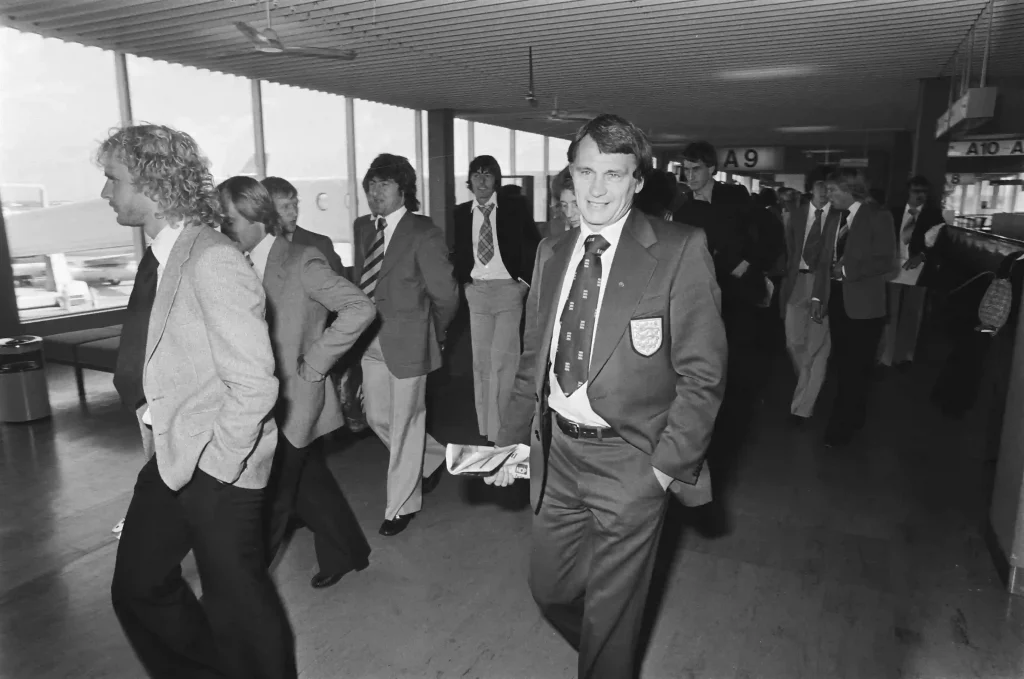It takes a truly special player to score one of football’s greatest goals and still be remembered for so much more. A World Cup and Champions League winner, perhaps the greatest Left-Back to walk the Earth and most importantly, scorer of the greatest free-kick of all time.
Roberto Carlos was the complete Full-back. Fast, skilful, intelligent and rarely beaten by the opposing winger, Carlos was much more than just a decent full-back with a fearsome strike. He was everything a fullback should be. Everything a full-back could be, and more.
Even from a young age, everyone knew Roberto was going to be special.
Coming through the youth academy of small Brazilian side União São João, who currently ply their trade in Brazil’s 4th tier, but at the time were trying to gain promotion to the first division Carlos was forced to prove himself at a much smaller club than some of his Brazilian compatriots.
Earning his debut in 1991, just 18 years old, he quickly became one of the first names on the team sheet. In fact, he would do so well, that even in playing for a team struggling to stay competitive, Carlos soon found himself called up for the National senior side.
Striving For Success
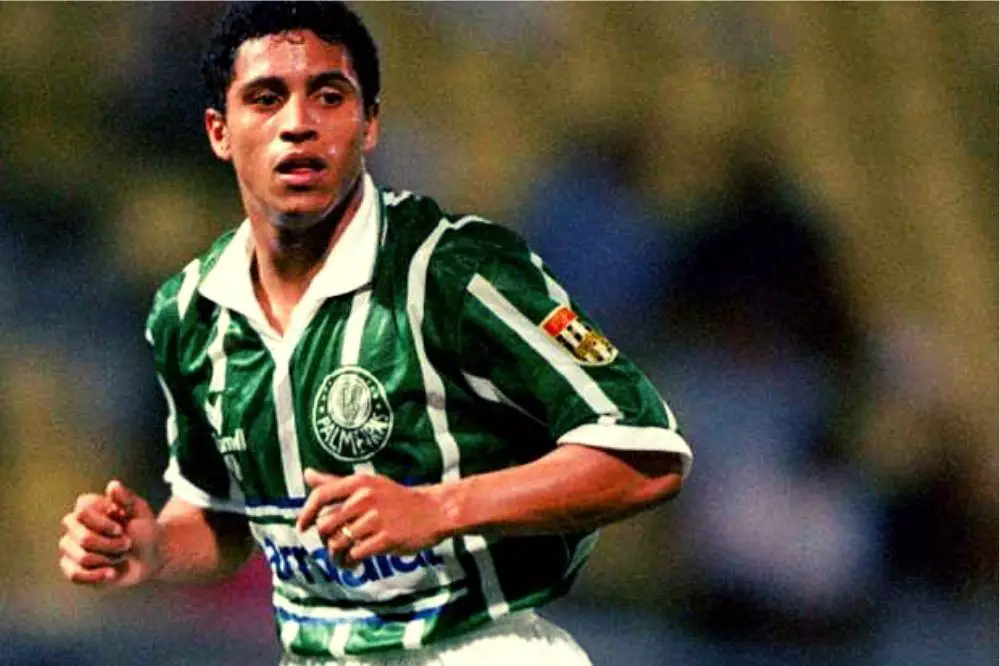
Following a loan to Atheltico Miniero, where he was allowed to join up just to play a mid-season European tour, Carlos attracted the attention of top Brazilian side, Palmeiras.
Now playing for a top side, he quickly tasted his first lick of success, and it was a big one too. Slotting straight into the first 11, Carlos would see out a Brazilian Championship title in his debut season.
Not content with just one, the next season they did it again, as Roberto Carlos had now attracted the attention of European clubs. A winning mentality now having been instilled in the flying Full-back, his suitors would surely rank among football’s elite.
It looked as if he could shock the world and join Aston Villa in the summer of 1995, after Brazil played England at Villa Park in a pre-season friendly, the Birmingham-based club sat up and took notice.
Villa had scraped clear of relegation, ending their campaign in 18th, which at that time was just enough to avoid relegation.
With rivals Birmingham also interested, Carlos could have been forgiven for feeling a little disappointed in only attracting the city of Birmingham’s attention.
This was a man born to win, and soon enough a more fitting suitor would rear its prestigious head.
When Inter Milan showed interest, the competition for his signature was over…
Brilliant But Wasted
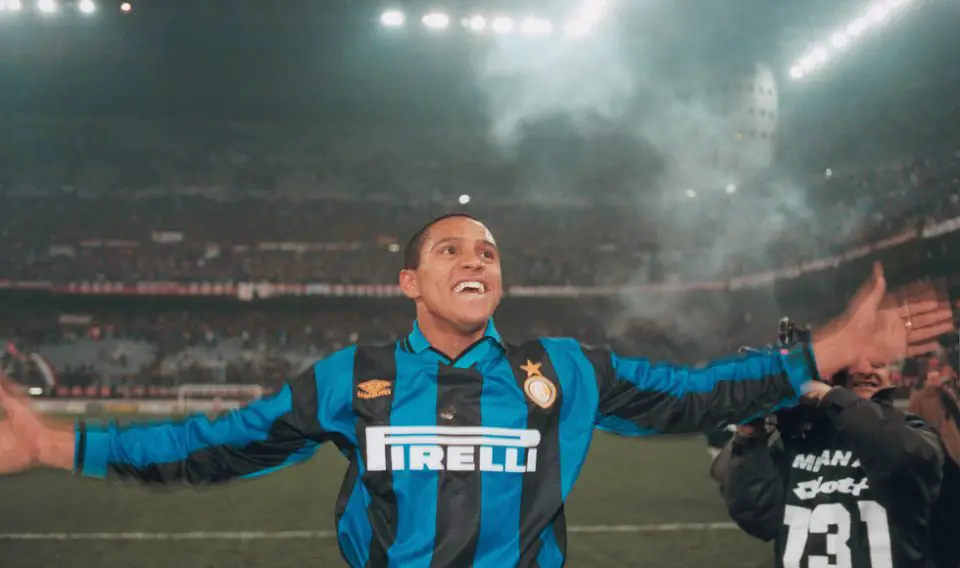
Signed for 3.5 million Euros, there was an expectation around Carlos to quickly cement himself as a starter.
When his debut came, he did not disappoint.
Bearing in mind that at this point the world knew little of Roberto Carlos’ striking ability. The internet was barren in comparison to today and there were little more than whispers on dated forums of his dead-ball ability.
Naturally, on his debut with the score 0-0, Inter won a free kick in the centre of the pitch, about 30 yards out from goal.
It was written in the stars, and Carlos let loose a thunderbolt that gave Inter the edge as he made all the difference in securing a 1-0 win.
Fans were understandably left in awe of their new signing.
Things would soon change for the worse, after a poor start off the back of a poor season before, Bianchi was sacked and Roy Hodgson of all people took the reins at Inter Milan.
Carlos retained his place in the team, but Hodgson, opting for the classic 4-4-2, decided to play the Brazilian as a winger, owing to his attacking mentality when deployed as a Left-back.
It didn’t suit Carlos, he needed space to bomb down the wing with overlaps, he thrived on playing the Carlos Alberto-style marauding wing back, not a left-winger expected to skip around players and operate higher up the pitch.
Had results improved Carlos might not have minded so much, but Inter would place lower than last season, 7th place this time, while Aston Villa, the side he turned down, wound up finishing 4th in the Premier League.
Carlos ended the season with 30 league appearances and 5 goals, which isn’t bad, but he knew he wasn’t a winger.
After a conversation with Inter Milan president, Massimo Morati, where he tried to convince Morati to encourage Hodgson to play him as a full-back, he found himself without compromise and had no option but to leave to find a club that would play him where he was best.
That club would take Carlos and turn him into the cornerstone of many fans’ all-time greatest XI.
The First Galactico
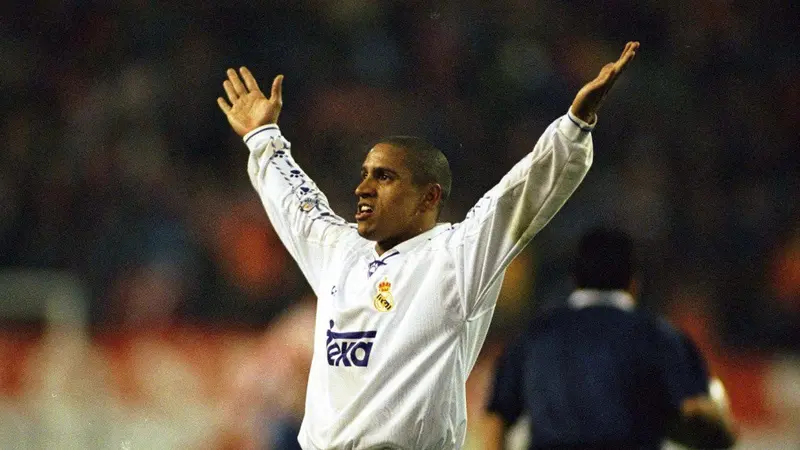
It took 6 million to pry him away from Inter, a tidy profit after just one season, but it would soon become clear that such a price was a steal for a player of his calibre.
By 96, Carlos was a stalwart in the Brazilian national side, earning 13 caps in 1995 alone. Real Madrid was a suitable home for Brazil’s finest Full-back.
Now at Madrid under Cappello’s tutelage, he was back at Left-back where he contributed just as much in an attack as he had when playing under Hodgson as a winger.
5 goals in 37 was an ample return, but now as a full-back, he was doing so much more that stats don’t show.
In his first season, Carlos helped Madrid to a title, piping rivals Barcelona to pole by 2 points, only missing one league game all season.
There was no European football that year, Madrid finished 6th last year and having passed on the Intertoto Cup, which was the qualifier for the UEFA Cup held in the summer, they focussed solely on domestic competitions.
Winning the league certainly vindicated what was a controversial decision. Despite not playing in European competition for the first time since 1977, the season proved a huge success to build on, as Madrid assembled a superstar squad, entering their ‘Galacticos’ era.
Carlos proved more than an astute signing, and while many remember him for his silverware and trophies, it would be a single free-kick in an international friendly tournament that would leave the world speechless.
Yes, in the summer of 97, he scored that famous free-kick. Some 40 yards out, he struck the ball with the outside of his foot ferociously. It looked to be flying miles wide, even making a ball boy duck instinctively as he saw the ball’s initial trajectory.
But as if by magic, it swerves like a boomerang, flying into the top corner as if it were a heat-seeking missile.
It’s still considered the greatest free-kick of all time.
Born To Win
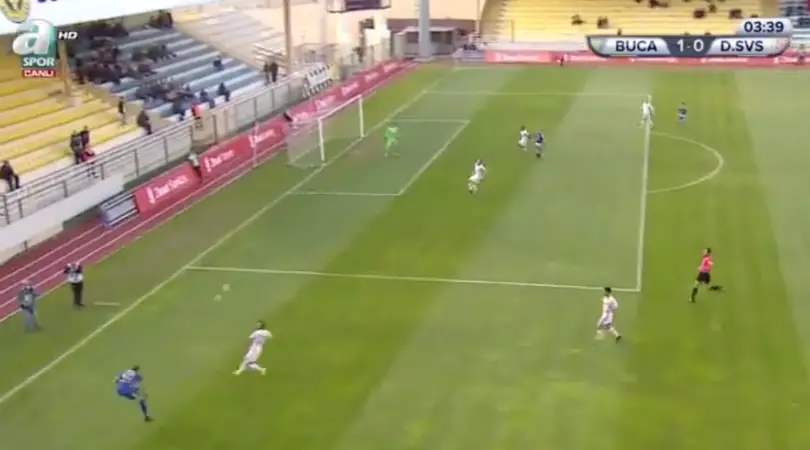
Charging on to a through ball, Carlos was almost level with the byline at the end of the pitch, with the keeper slightly off his line, stepping up in anticipation of a cross, Carlos rifles a ball into the box that smashes into the far side netting.
Putting his hand up in apology like a tennis player profiting from a ball hitting the top of the net, most consider it a cross gone wrong (right) but the truth is, if it was a cross, it was a truly awful cross.
it was far too powerful for anyone to get on the end of, and he seemed to make little effort to look up and address the passing options.
Perhaps the hand in the air was an apology to the goalkeeper, but there’s almost no way there wasn’t some intent behind the strike.
Either way, you’ll never see another goal like it.
That same year Carlos won his first Champions League, helping Madrid to a 1-0 victory over Juventus in the final.
Further still, he had the chance to make 98 a resounding success as Brazil reached the final of the 1998 World Cup.
Sadly, with dramatic circumstances surrounding star striker Ronaldo in the final, the forward reportedly suffering a seizure before the game, still playing the final, Brazil lost 3-0 to Zidane’s France.
But onwards and upwards, he would go on to win a World Cup in 2002, once again playing an integral role in the tournament, as his time at Madrid was imbued with success.
He spent a decade there overall, winning three Champions Leagues and four La Ligas, but by 2007 his powers were seriously waning and following an uncharacteristic mistake vs Bayern Munich that led to conceding a goal just 10 seconds into the match, the writing seemed on the wall for his exit.
Sure enough, it was announced that he would be leaving in the summer on a free.
With Carlos now 34 years old, he joined Turkish outfit Fenerbahce, where he made 65 appearances, but was unable to bring home any meaningful silverware.
Finishing up his career with stints at Corinthians in Brazil, Russian side Anzhi Makhachkala and Indian Super League side Odisha, Carlos briefly took to management, where he never replicated the same success as he did on the pitch.
